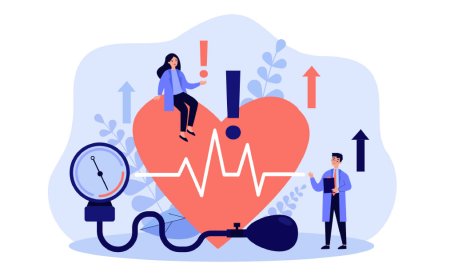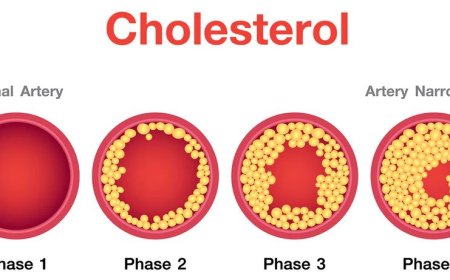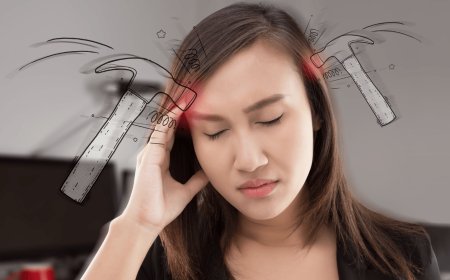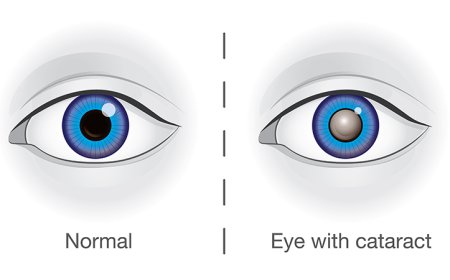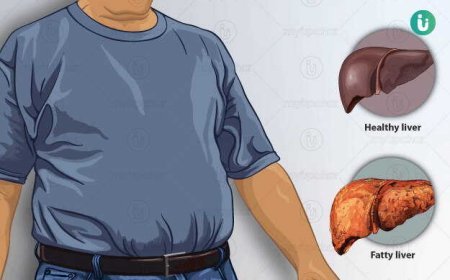Cysts, Ovarian
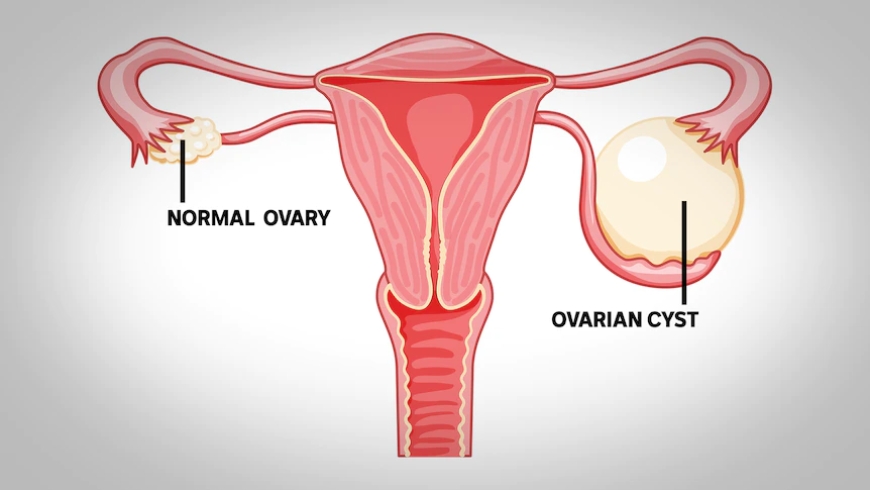
Introduction :
In this article, we'll embark on a journey to understand Ovarian Cysts, a condition that affects some women in India. We'll explore what Ovarian Cysts are, their signs and symptoms, causes, risk factors, types, diagnostic tests, treatments, complications, and prevention techniques, all explained in simple language for our 10-year-old readers.
Signs and Symptoms:
Ovarian Cysts can be like tiny, silent visitors in the ovaries, causing discomfort for some women. Some common signs and symptoms of Ovarian Cysts include:
- Abdominal pain, like a mild tummy ache that comes and goes.
- Changes in menstrual periods, such as irregular periods or heavier bleeding.
- Feeling bloated or full, like after a big meal, even when not eating much.
What are Ovarian Cysts? :
Ovarian Cysts are like small, fluid-filled balloons that can grow on or inside the ovaries, which are special parts of a girl's body.
How Are Ovarian Cysts Classified? :
Ovarian Cysts can be classified based on their size, appearance, and whether they are causing any problems. This helps doctors understand how to take care of them better.
Causes and Triggers:
The exact causes of Ovarian Cysts are not always clear, but sometimes they can happen naturally during a girl's monthly cycle. For example:
- Sometimes, the eggs in the ovaries may not break open properly, causing a cyst to form.
- Certain hormone imbalances can also lead to the development of Ovarian Cysts.
Risk Factors with Examples:
Certain factors can increase the chances of a girl having Ovarian Cysts. For example:
- Girls who have started their periods may be more likely to get Ovarian Cysts.
- If someone in the family has had Ovarian Cysts, they might have a higher risk too.
Types of Ovarian Cysts:
Ovarian Cysts don't have different types, but they can vary in size and whether they go away on their own or need treatment.
Diagnostic Tests and Their Use:
To diagnose Ovarian Cysts, doctors may use different tests to check the ovaries. Some common tests include:
- Ultrasound: This test uses sound waves to create pictures of the ovaries and check for any cysts.
- Blood Tests: Doctors may take a small sample of blood to check hormone levels and see if they are causing the cysts.
Treatments:
Treating Ovarian Cysts aims to relieve any discomfort and make sure the ovaries are healthy. Some common treatments are:
- Wait and Watch: Sometimes, small cysts go away on their own without needing any treatment.
- Medications: Doctors may prescribe special medicine to help the cysts shrink and go away.
Complications of Ovarian Cysts:
Most Ovarian Cysts are not harmful and go away without causing any problems. However, sometimes they may lead to more serious issues.
Prevention Techniques:
While Ovarian Cysts may not always be preventable, some techniques can help maintain good reproductive health. For example:
- Regular check-ups with a doctor to make sure everything is okay.
- Eating healthy food and staying active to keep the body strong.
Remember, just like how we take care of our favorite toys and keep them in good shape, taking care of our bodies is essential too! If anyone feels uncomfortable or experiences any changes in their body, it's crucial to talk to a healthcare expert who can provide the best advice and care. With proper care and support, girls can grow up strong and confident, embracing every joyful moment in India's beautiful world!
What's Your Reaction?


































